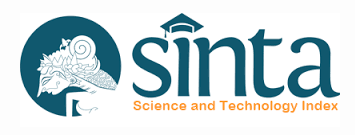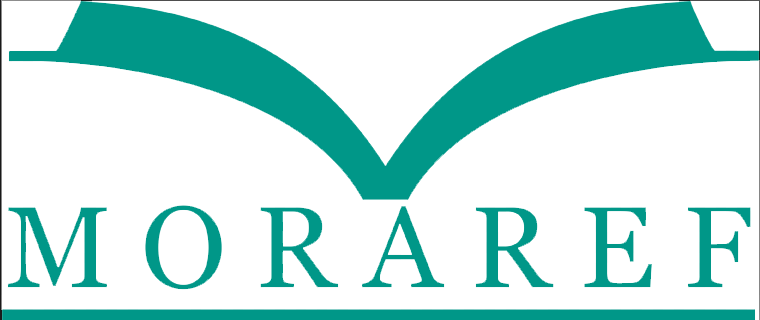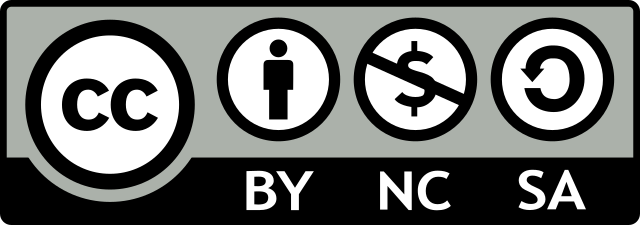Digital Libraries, Google, and Information Literacy of the Future: Challenges and Opportunities
Abstract
Digital libraries and search engines like Google are two primary sources of information in the ever-evolving digital era. Both play a crucial role in providing access to knowledge and information to individuals worldwide. Digital libraries represent a revolutionary innovation in the world of libraries. They store and grant access to various types of library materials in digital formats, including e-books, electronic journals, databases, audio, and video. Digital libraries are accessible online through the internet, enabling users to search, read, and download these resources from anywhere and at any time. Digital libraries excel in offering extensive and diverse collections and facilitate efficient searches. Google is one of the largest and most popular search engines globally. As a search engine, Google serves as a powerful tool for information retrieval on the internet. Users can input keywords or queries, and Google provides relevant results from various websites worldwide. Google also offers various related services, such as Google Scholar for searching scholarly literature and Google Books for searching and reading books online. This search engine has become the primary gateway for many people seeking information online. The importance of information literacy in the digital era cannot be overlooked. Information literacy is the ability to access, evaluate, use, and contribute to information critically and effectively. In the digital age characterized by abundant access to information from various online sources, information literacy becomes more relevant and essential than ever before. Developing information literacy in the future will involve numerous challenges but also offers significant opportunities. With an understanding of these challenges and opportunities, we can plan more effectively to promote and enhance information literacy in this ever-changing era. This article may discuss the impact of digital libraries and search engines like Google on information literacy in the future.
Downloads
References
Dian NF. (2021). Pentingnya Literasi Informasi untuk Pembelajaran Sepanjang Hayat. https://pusdiklat.perpusnas.go.id/berita/read/95/pentingnya-literasi-informasi-untuk-pembelajaran-sepanjang-hayat
Dwi Budi Santoso. (2009). Pemanfaatan Teknologi Search Engine Optimazion sebagai Media untuk Meningkatkan Popularitas Blog Wordpress. Jurnal Teknologi Informasi DINAMIK, 14(2). https://media.neliti.com/media/publications/242590-pemanfaatan-teknologi-search-engine-opti-fb22d06b.pdf
Imel Neprianti, N. H. (2021). Penerapan Perpustakaan Digital Dalam Upaya Meningkatkan Kepuasan Pengguna Perpustakaan di Era Revolusi 4.0. Inspirasi Manajemen Pendidikan, 9(3). https://ejournal.unesa.ac.id/index.php/inspirasi-manajemen-pendidikan/article/view/39122
Jamridafrizal. (2017). Online Google Book Sebagai Perpustakaan Digital Alternative Masa Depan. JIPI Jurnal Ilmu Perpustakaan Dan Informasi, 2(2). http://jurnal.uinsu.ac.id/index.php/jipi/article/view/1255/1012
Jamridafrizal, H. P. (2019). Buku Google Sebagai Perpustakaan Digital Era Generasi Milenium dan Generasi Zet. Maktabatun Jurnal Kajian Kepustakawanan, 1(1). https://ejournal.uinib.ac.id/jurnal/index.php/maktabatuna/article/view/978/818
Mestika Zed. (2014). Metode Penelitian Kepustakaan. Yayasan Pustaka Obor Indonesia. https://books.google.co.id/books?id=zG9sDAAAQBAJ&printsec=frontcover&hl=id#v=onepage&q&f=false
Roro Isyawati Permata Ganggi. (2020). Strategi Menciptakan Perpustakaan Kekinian Sebagai Upaya Menjaga Eksistensi di Era Revolusi Industri 4.0. ANUVA Jurnal Kajian Budaya Perpustakaan Dan Informasi, 4(2). https://doi.org/10.14710/anuva.4.2.197-204
Wepo. (2023). Pandangan Mendalam pada Strategi Bisnis Korporat Google dalam Era Digital. https://an-nur.ac.id/esy/pandangan-mendalam-pada-strategi-bisnis-korporat-google-dalam-era-digital.html
By submitting your manuscript to our journal, you are following Copyright and License








